Ünal Çeviköz, the deputy opposition leader of the main opposition party in Turkey, the Republican People’s Party (RPP, Turk. CHP), commented on President Recep Tayyip Erdoğan’s recent trip to Russia, saying: “We are concerned that if Turkey, a member of NATO, continues to purchase weapons that are not can be integrated into the Alliance system, this will lead to very serious negative consequences for the security of our country. ”
RPP Deputy Chairman Ünal Çeviköz held a press conference where he emphasized that President Erdoğan was the only high-ranking guest at the opening of the MAKS-2019 International Airspace Salon in Russia: “The visit that took place as part of the opening of the exhibition was weighted with a number of questions on the functioning of the Sochi agreements after an airstrike on a Turkish military convoy in Idlib. Turkish foreign policy is experiencing a period of “confusion and reeling” on a global scale. On the one hand, Turkey purchased Russian S-400 defense systems, and on the other hand, the very next day, it announces the start of a process to form a security zone in northwestern Syria together with the United States. Today, a decision is being made to create a joint Turkish-American center for the operation in Syria, tomorrow – an attack on the Turkish military convoy in Idlib, and the 9th and 8th observation posts are surrounded by Syrian troops. In other words, “curtsies” are being made in both Russia and the US’ directions, and these curtsies are being called foreign policy. Turkey is now not a subject, but an object of international relations, having been sandwiched between the interests of two global players. This situation is gradually leading to Turkey losing its authority and respect in the eyes of other countries,” he said.
“WE ARE SATISFIED WITH THE DEVELOPMENT OF TURKISH-RUSSIAN RELATIONS, BUT …”
Çeviköz noted that the main message of the two leaders’ press conference following Erdoğan’s visit was the deep satisfaction Russia is experiencing with the development of relations with Turkey. “Russia, through Turkey, is expanding its energy network through the implementation of projects such as Turkish Stream and Akkuyu nuclear power plant. Russia is making a specific message to the entire world community by inviting a NATO member country to the opening of an aerospace exhibition. Meanwhile, it is impossible to overcome the differences between Turkey and Russia on the Syrian issue. The Russian side claims that the terrorist elements in Idlib pose a threat to the Syrian authorities and Russia’s military presence in Syria, and that the situation is of serious concern to both countries. The Turkish side, however, blames the Syrian government. Thus, the purpose of the visit was not achieved.”
“WE WILL NOT FORGET THAT TURKEY IS A MEMBER OF NATO”
At the request of journalists to comment on Turkey’s position regarding the purchase of Russian fighters, Çeviköz answered: “We must not forget that Turkey is a member of NATO. We all closely watched the disputes around the S-400, and saw the negative impact of this both on our relations with the United States and on relations with our other Allies in the Alliance. We are concerned that if Turkey, a member of NATO, continues to procure weapons that cannot be integrated into the Alliance system, this will lead to very serious negative consequences for the security of our country. Therefore, we hope that these negotiations will remain as a pleasant conversation between the two leaders, and Turkey will not take steps in the future that will lead to a change in its preferences on this issue. ”
“AUTHORITIES ACKNOWLEDGE THE THREAT OF A NEW WAVE OF REFUGEES”
Çeviköz emphasized that Turkey behaves as if it is fulfilling its obligations undertaken in accordance with the Sochi accords, while Russia is declaring its intention to counter any threats to Syria’s security. Meanwhile, according to the politician, it is clear that Turkey and Russia have a different understanding of the concept of “territorial integrity.”
“Turkey advocates the creation of a security zone on Syrian territory under its control… however, such an initiative runs counter to the principle of territorial integrity. In order to remove this contradiction, it is necessary to reach an agreement with the Syrian authorities. As long as this arrangement does not exist, Turkey will inevitably continue to face other difficulties in the north, east and west of Syria. In addition, senior officials recognize the threat to the lives of 3.5 million Idlib residents, as well as the dangers of a new migration wave,” Chevikoz concluded.





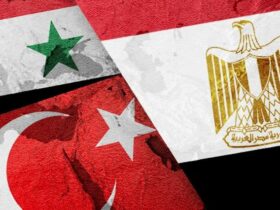

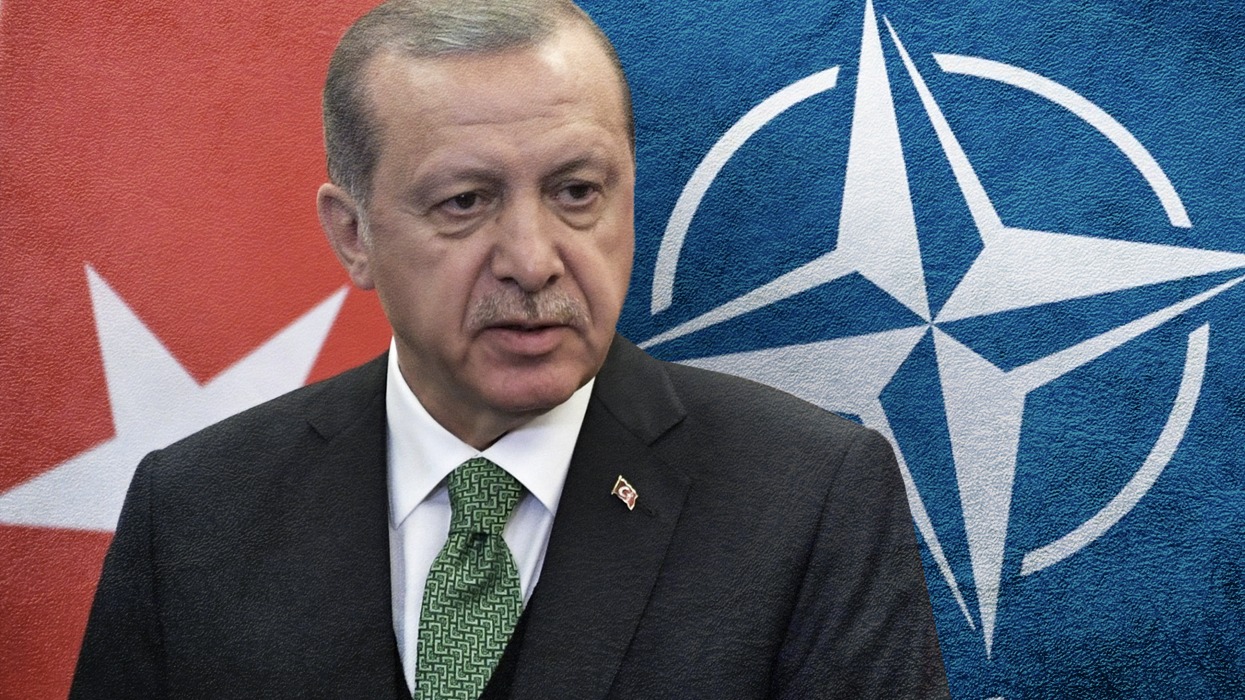

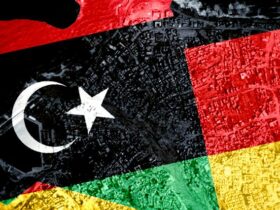
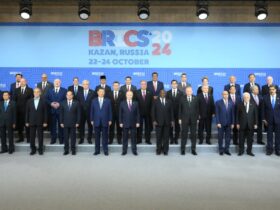

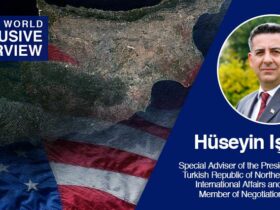

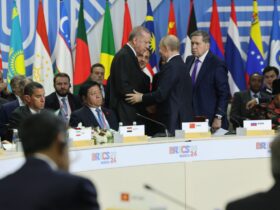
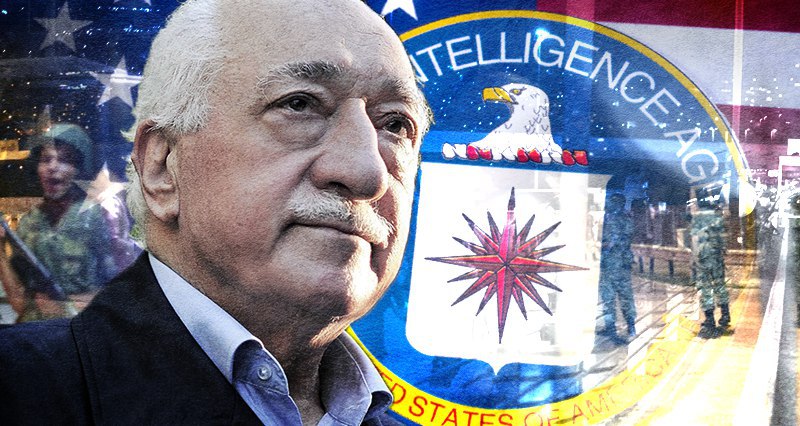

Leave a Reply